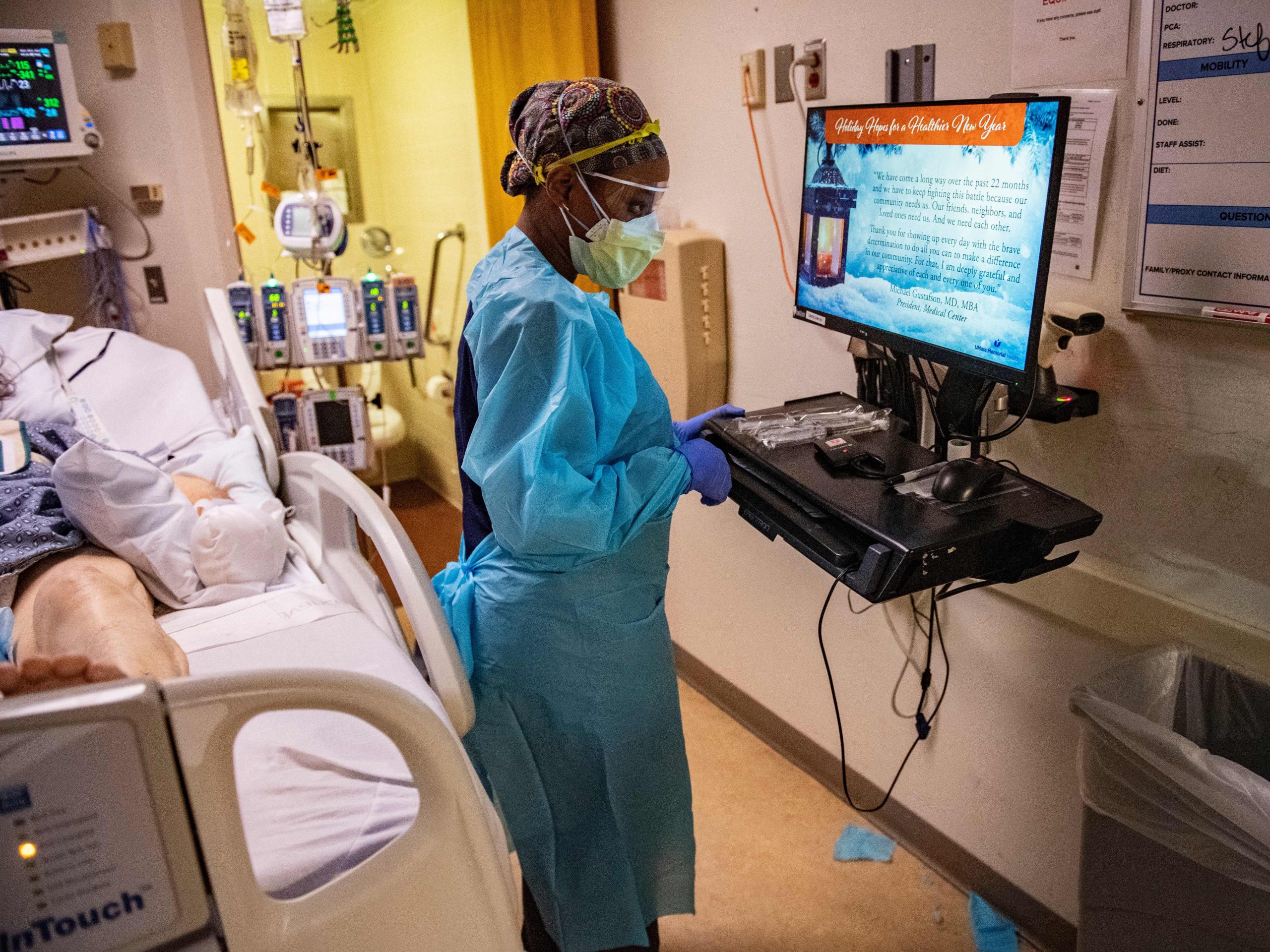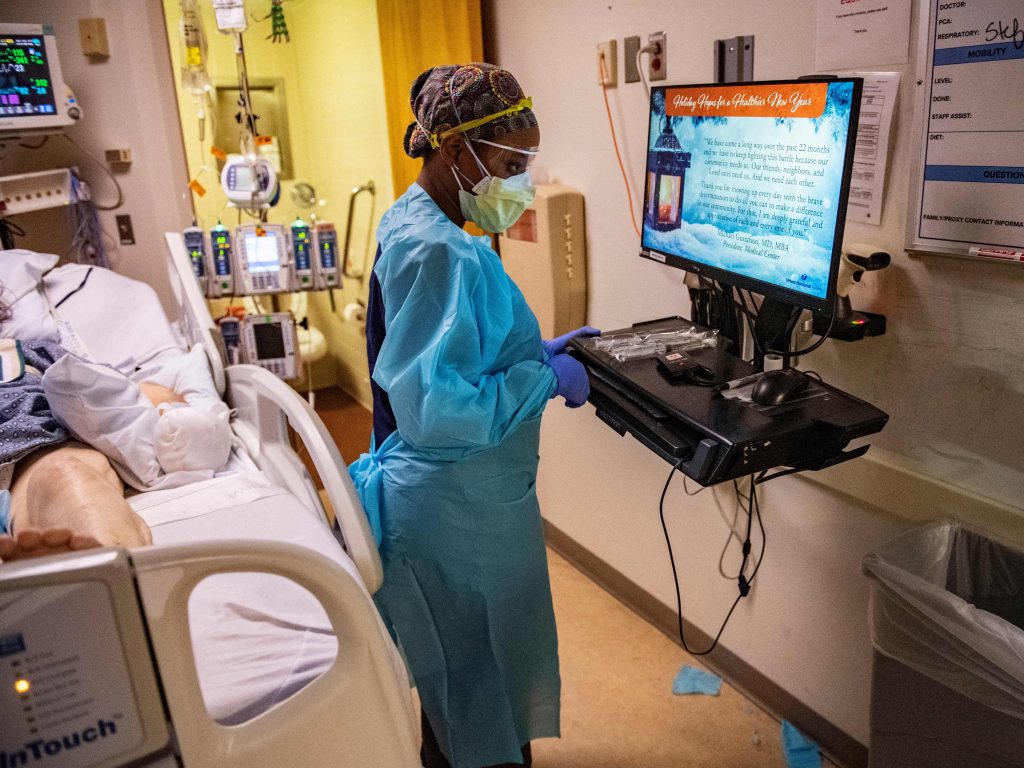
- A viral claim falsely said the US government was no longer tracking COVID-19 deaths.
- In reality, HHS is no longer asking hospitals to report COVID-19 deaths.
- Most COVID-19 death counts rely on data from the CDC and local or state agencies, not HHS.
A claim that the US government is going to stop tracking COVID-19 deaths is false, despite the fact that it's been reshared thousands of times on Twitter.
"BREAKING," one viral tweet said. "US Government to end daily COVID death reporting."
The tweet then said the US Department of Health and Human Services will no longer require hospitals to report daily COVID-19 deaths to the agency. That part is true, according to guidance recently issued by HHS, but it does not affect the daily COVID-19 death counts that the vast majority of people have been consulting throughout the pandemic.
Still, nearly 3,000 people had retweeted the tweet as of Friday evening. The tweet also racked up concerned replies, including one that said, "The US government doesn't want us to know how many of us are dying," which recieved more than 1,500 likes.
Another popular reply said: "'If you don't test, there's fewer cases' has morphed into the even more horrible monstrosity of 'if you don't report deaths, they're not happening.'"
Epidemiologists and data journalists on Twitter chimed in to debunk the claim that the US was no longer tracking deaths.
"Seriously this is so misleading, please stop spreading it," Erin Kissane, who cofounded The Atlantic's COVID Tracking Project, said in a tweet.
Kissane said the daily death counts most people are following, like the one maintained by The New York Times, do not rely on or use data from HHS. She said those counts use data compiled by the Centers for Disease Control and Prevention or from local and state health authorities directly.
"You will be seeing *exactly the same death counts* you saw before unless you're a very specialized data analyst," Kissane said.
Justin Feldman, an epidemiologist at Harvard University, also tweeted that the change in HHS data "doesn't affect the real-time covid death data that most of us ever see."
Feldman said COVID-19 deaths are generally recorded when a death investigator, like a coroner or medical examiner, or sometimes a healthcare provider, reports it to the state's vital statistics office. The offices then report their numbers to the CDC, the media, and often on public-facing websites. He said this is where The Times' count comes from.
"It's also important to note that looking at covid deaths that occur in hospitals alone provides an incomplete picture. In 2020, about a third of covid deaths happened in places other than hospitals," Feldman added.
He also said it's possible there are downsides to this change in HHS guidance to hospitals, but that it's not what some think it is.
One physician, Dr. Jorge Caballero, said in a tweet the HHS data of in-hospital COVID-19 deaths provides "a surveillance indicator for US health care system stress, capacity, capability, and/or patient safety." He added that he didn't understand why HHS would stop requiring hospitals to report the data.
HHS did not immediately respond to Insider's request for comment.

